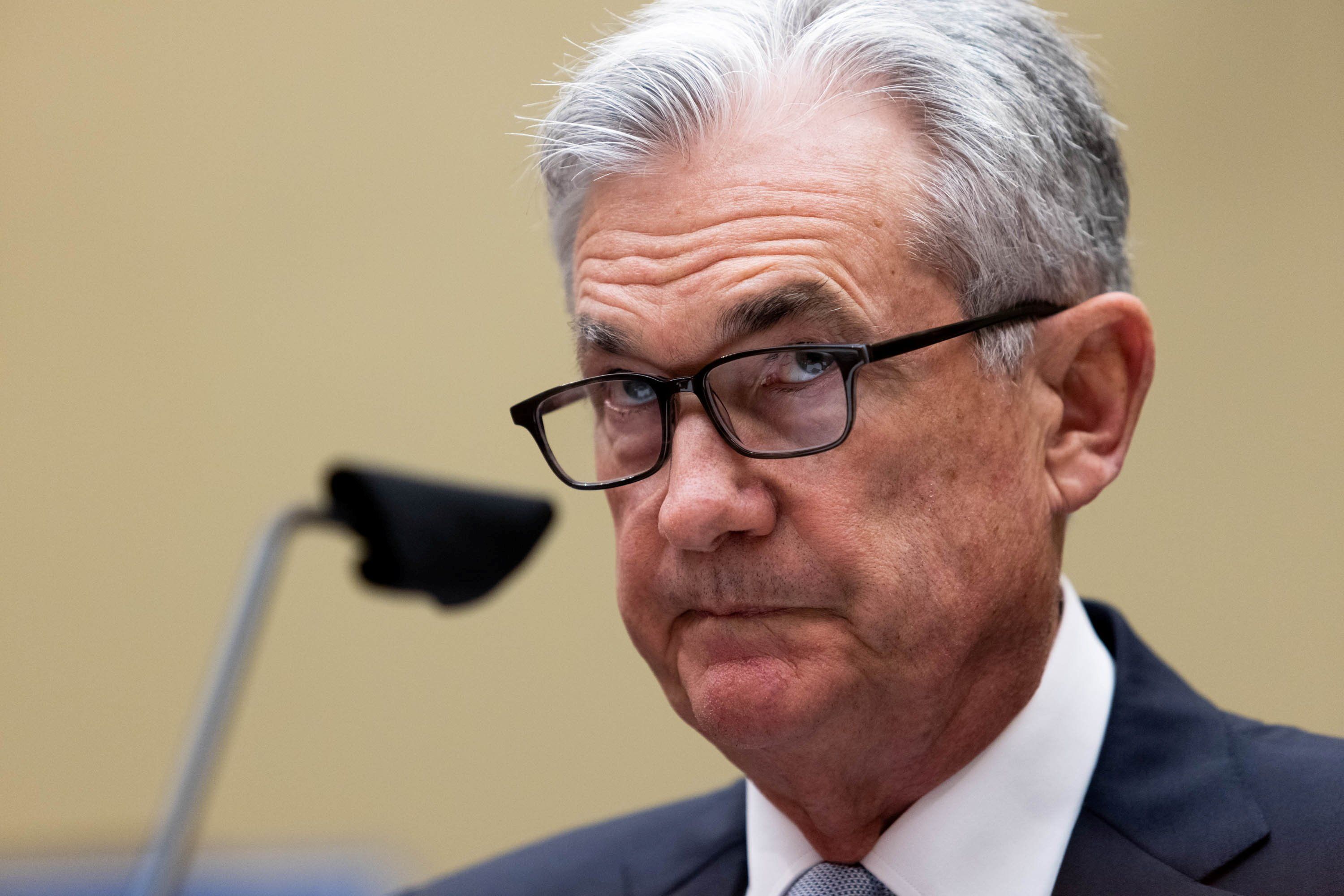Friday’s new US jobs report showed that unemployment ticked down to 4.2% and employers added 142,000 jobs in August, lower than the 161,000 expected. The weaker-than-expected report is a continuation of a labor market cooling trend that has set off alarm bells that interest rates may have been too high for too long.
Look inside the numbers: The sector that saw the most job growth was construction, which gained 34,000 jobs, likely due to the Biden administration’s infrastructure spending. It was followed by health care, which added 31,000 jobs, and the public sector’s 24,000 new jobs.
Why it matters: The report was highly anticipated after unemployment spiked in July, leaving many wondering whether we were heading for a broader slowdown in the labor market – a key metric of how the Federal Reserve will steer interest rates when it meets later this month.
“Despite the headline unemployment number ticking down as expected, the details behind the jobs data were mixed,” says Eurasia Group’s global macroeconomics expert Babak Minovi. “Fed Gov. Christopher Waller gave some remarks later saying the jobs data now ‘requires action’ instead of patience, increasing the market's level of concern on the health of the economy.”
Although the jobs numbers were weaker than expected, the market didn’t miss the target enough to change projections, which still predict that the Fed will drop interest rates by at least 25 basis points when it meets later this month.
